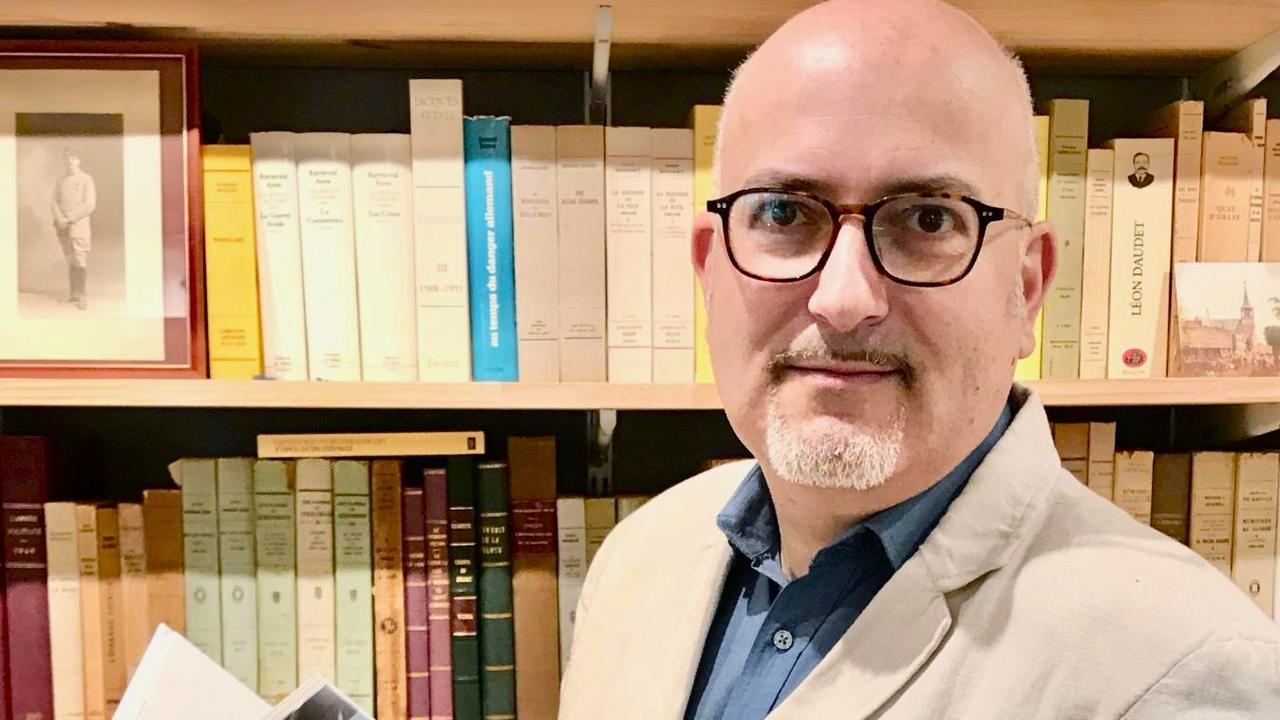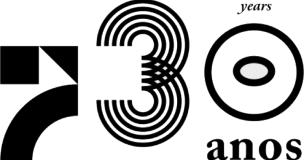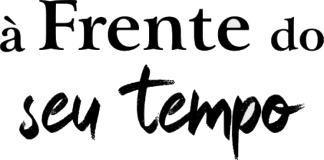Jean-Michel Guieu no Ciclo de Palestras do DEC

Jean-Michel Guieu (Université de Paris-1 Panthéon-Sorbonne) estará presencialmente no Anfiteatro VI da Faculdade de Letras da UC, atividade incluída nos Eixos do Conhecimento Interdisciplinar – Ciclo de Palestras do Doutoramento em Estudos Contemporâneos (DEC), com a comunicação intitulada “The rebirth of the European Idea. From World War II to the foundation of the Council of Europe”.
A sessão será igualmente transmitida através da plataforma Zoom e do canal do Youtube do CEIS20.
Resumo
O trauma da Segunda Guerra Mundial reavivou fortemente uma consciência europeia e o ativismo pró-europeu conheceu então uma verdadeira "era de ouro", que culminou com o "Congresso da Europa" realizado em Haia em Maio de 1948, reunindo cerca de 800 participantes.
O contexto da Guerra Fria desempenhou também um papel crucial em prol da unidade europeia. O Plano Marshall deu origem à Organização para a Cooperação Económica Europeia, mas as ambições desta instituição foram largamente contrariadas pelas diferenças fundamentais entre a abordagem francesa e britânica em relação à unidade europeia, que também caracterizaram as negociações que levaram à criação do Conselho da Europa em 1949.
No entanto, o projeto europeu adquiriu a partir deste momento fundador três características importantes que marcariam a sua história durante muito tempo: a sua ocidentalização, a sua dimensão principalmente económica e a impossibilidade de construir a Europa sobre o binómio franco-britânico.
Biografia
Jean-Michel Guieu é Professor Associado de História Contemporânea na Universidade de Paris-1 Panthéon-Sorbonne. Os seus principais interesses de investigação dizem respeito ao estudo do pacifismo e activismo pró-europeu, à Liga das Nações e à história do direito internacional. Publicou nomeadamente Le Rameau et le Glaive. Les militants français pour la Société des Nations (Presser de Sciences Po, 2008), Gagner la paix 1914-1929 (Seuil, 2015). Também coeditou vários volumes sobre Le Congrès de l'Europe à La Haye, 1948-2008 (Peter Lang, 2009), Les Défenseurs de la paix, 1899-1917 (Presses universitaires de Rennes, 2018), La paix dans la guerre. Espoirs et expériences de paix, 1914-1919 (Éditions de la Sorbonne, 2022).
Jean-Michel Guieu (Université de Paris-1 Panthéon-Sorbonne) will be at the Amphitheater VI of the Faculty of Arts and Humanities of the University of Coimbra, an activity included in the Axes of Interdisciplinary Knowledge – Keynote Series of the Doctorate in Contemporary Studies (DEC), with the communication entitled “The rebirth of the European Idea. From World War II to the foundation of the Council of Europe”.
Date, time, place
2023, 28 February | 4 p.m | Amphitetre VI | Faculty of Arts and Humanities | University of Coimbra
This session will also be broadcasted via Zoom and the CEIS20 Youtube channel.
Abstract
The trauma of the Second World War strongly revived a European consciousness and the pro-European activism knew then a real “golden age", that culminated with the “Congress of Europe" held in The Hague in May 1948, bringing together nearly 800 participants.
The context of the Cold War played also a crucial role in favour of the European unity. The Marshall Plan gave birth to the Organisation for European Economic Cooperation, but the ambitions of this institution were largely thwarted by the fundamental differences between French and British approach to European unity, which also characterized the negotiations leading to the creation of the Council of Europe in 1949.
The European project nonetheless acquired from this founding moment three important characteristics that would mark its history for a long time: its westernization, its mainly economic dimension and the impossibility of building Europe on the Franco-British couple.
Biographical note
Jean-Michel Guieu is senior Lecturer in Contemporary History at the University of Paris-1 Panthéon-Sorbonne. His main research interests concern the study of pacifism and pro-European activism, the League of Nations and the history of international law. He has published notably Le Rameau et le Glaive. Les militants français pour la Société des Nations(Presser de Sciences Po, 2008), Gagner la paix 1914-1929 (Seuil, 2015). He has also co-edited several volumes on Le Congrès de l’Europe à La Haye, 1948-2008 (Peter Lang, 2009), Les Défenseurs de la paix, 1899-1917 (Presses universitaires de Rennes, 2018), La paix dans la guerre. Espoirs et expériences de paix, 1914-1919 (Éditions de la Sorbonne, 2022).





